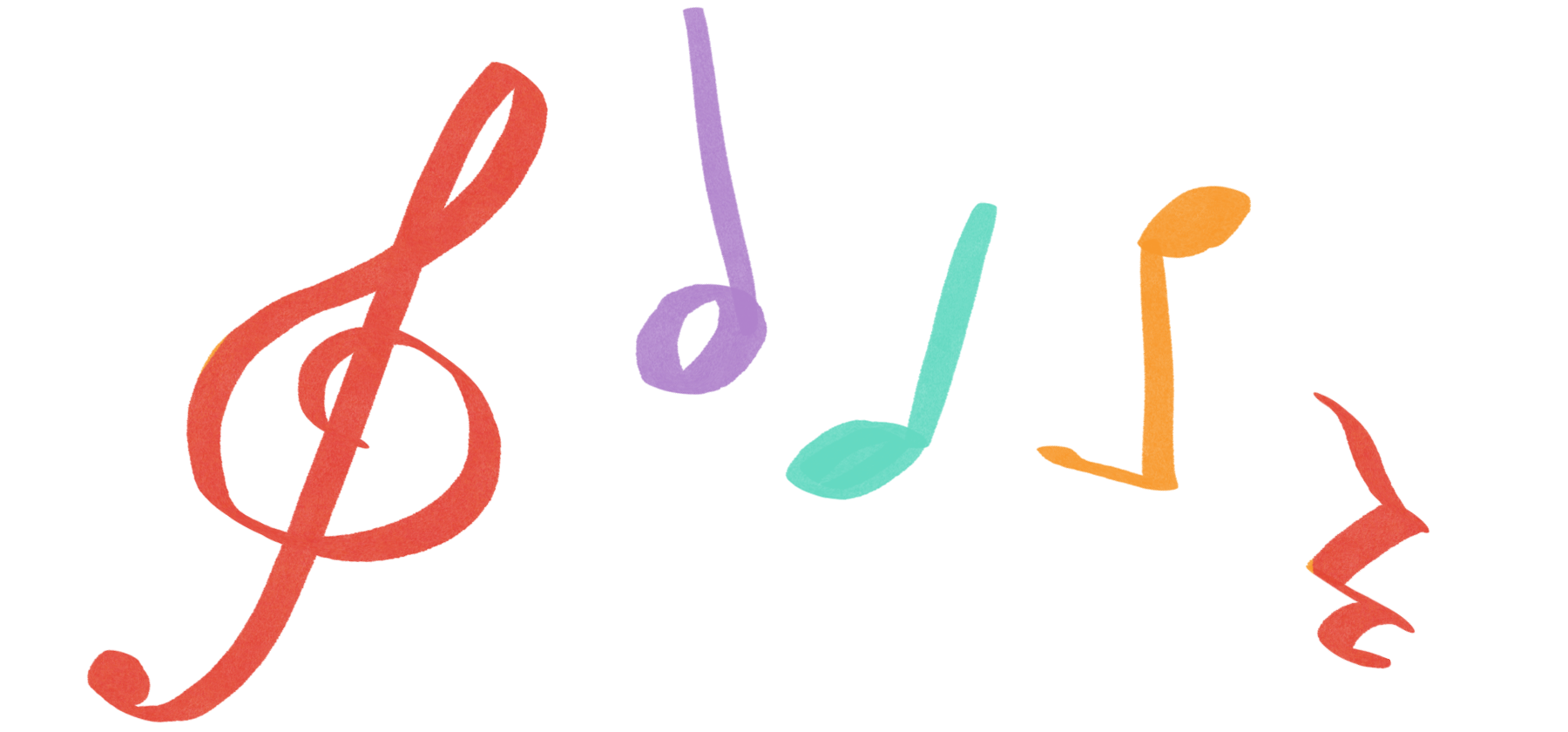
WELCOME TO MUSICAL LIVING ACADEMY
Engage the Mind.
Express the Heart.®
Discover the transformative power of music with us. We nurture creativity, talent, and personal growth in a supportive community. Start your journey today!
INTRO COURSES
Fun Foundations For All Ages!
Our Intro Classes offer a fun, group-based introduction to music, with programs tailored for every age group.
We provide PreK Piano (4-6yrs), 4Kids Programs (7-11yrs), 4Teens Programs (12-17yrs), and Adult Programs (18yrs-up). These classes build a solid musical foundation in a supportive environment, ideal for beginners!
PRIVATE INSTRUCTION
Personalized Instruction For Focused Growth
Private Lessons offer individualized, one-on-one instruction starting at age 6 and up.
With tailored lessons to meet your child’s specific goals, students receive focused attention to help them grow their musical talents confidently and effectively.
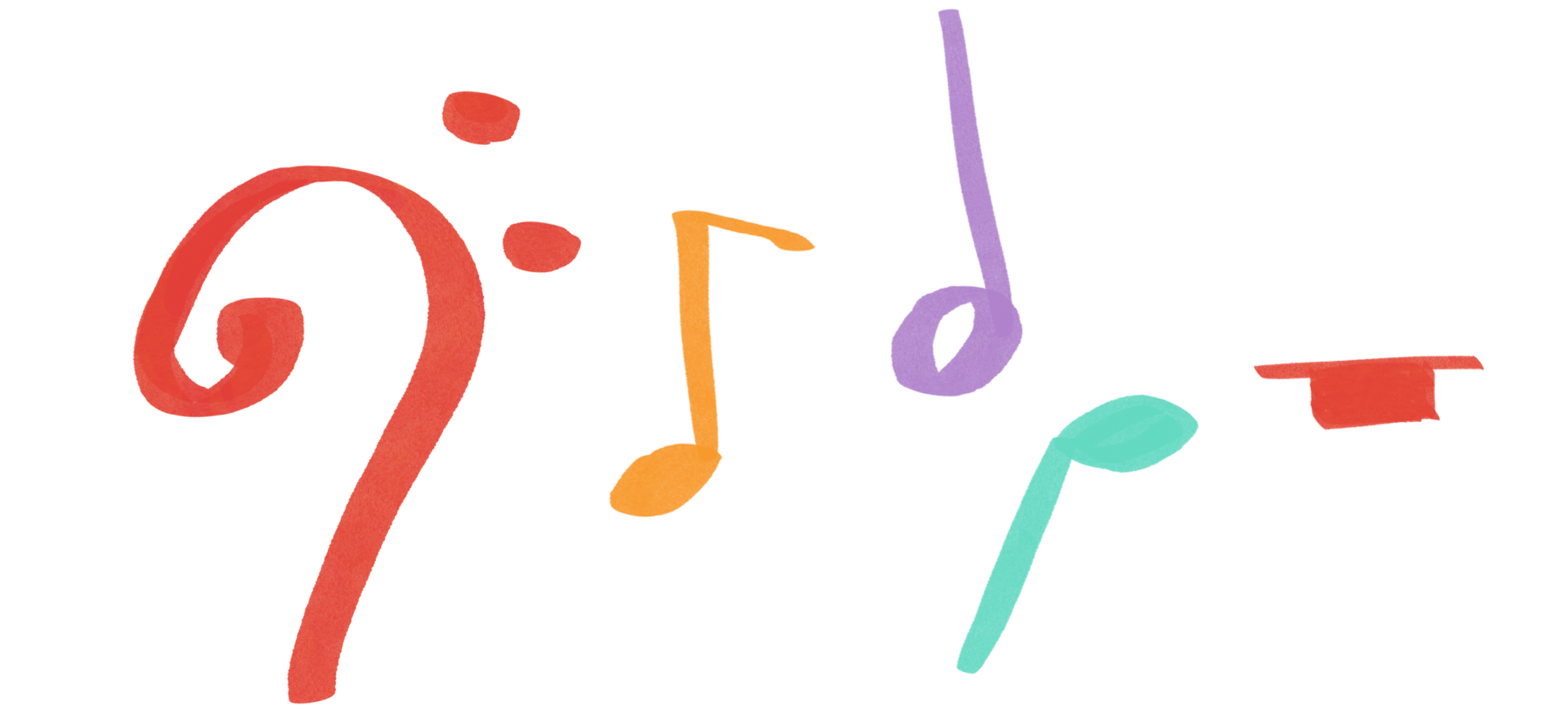
ONGOING CLASSES
Spring 2026 Intro Classes Are Now Open!
Spring 2026 Intro Class registration is now open!
Our Intro Programs are designed to give students a confident, well-structured start in music, no prior experience required.
6:00PM
11:00AM
TUESDAY
FIRST CLASS ON 02/03
TEACHER: DWIGHT REEVES
6:00PM
SATURDAY
FIRST CLASS ON 02/07
TEACHER: EDGAR FACUNDO
3:00PM
7:00PM
5:00PM
TBA
7:30PM
PRIVATE CLASSES
Play At Your Own Pace
Our Private Lessons are designed around you! Whether you're mastering the piano, shredding on guitar, or finding your voice, our personalized one-on-one lessons help you grow at your own pace. With expert guidance, you’ll unlock your musical potential and see fast progress — your instrument, your style, your way. Start making music today!
OUR TEAM
Meet Our Expert Instructors
Our passionate teaching team is committed to guiding every student’s musical journey. The majority of our instructors hold music degrees, are actively pursuing them, or have extensive performing experience. With a deep love for music and education, they are here to inspire and help students grow in a fun, supportive environment. Click below to learn more about the talented individuals who make up our Musical Living Academy family!

SPRING SEMESTER 2026
20-WEEK INSTRUCTIONAL SEMESTER
Semester Timeline
SEMESTER STARTS ON
MONDAY, FEBRUARY 02, 2026
NOTE: Lessons resume on January 5th, 2026 following Winter Break. January lessons continue under the current instructional cycle until the Spring semester officially begins.
NO CLASSES ON THE FOLLOWING DATES:
MARCH 16 - 21, 2026 - SPRING BREAK
WE ARE OPEN ON FEDERAL HOLIDAYS:
JANUARY 19 - MARTIN LUTHER KING JR. DAY
FEBRUARY 16 - PRESIDENTS' DAY
MAY 25 - MEMORIAL DAY
FEES & ADMINISTRATIVE DATES
Annual Program Enhancement Fee: Charged April 2026
This fee supports curriculum development, program resources, and ongoing program enhancements.
New Enrollment Note:
Families who enroll between January–March 2026 will not be charged the Annual Program Enhancement Fee until the following year.
SPRING RECITAL 2026
Saturday, June 13, 2026
Robert Pulido Performing Arts Center
Performance Agreement Deadline:
March 22, 2026
Participation details and expectations will be shared with eligible students in advance.
ADDITIONAL NOTES
Please refer to the client portal for attendance policies, missed lesson guidelines, and important studio communications.
OUR EVENTS
Upcoming Events
Tune in for our upcoming events! From student showcases to fun workshops and jam sessions, there's always something happening at our academy.
News
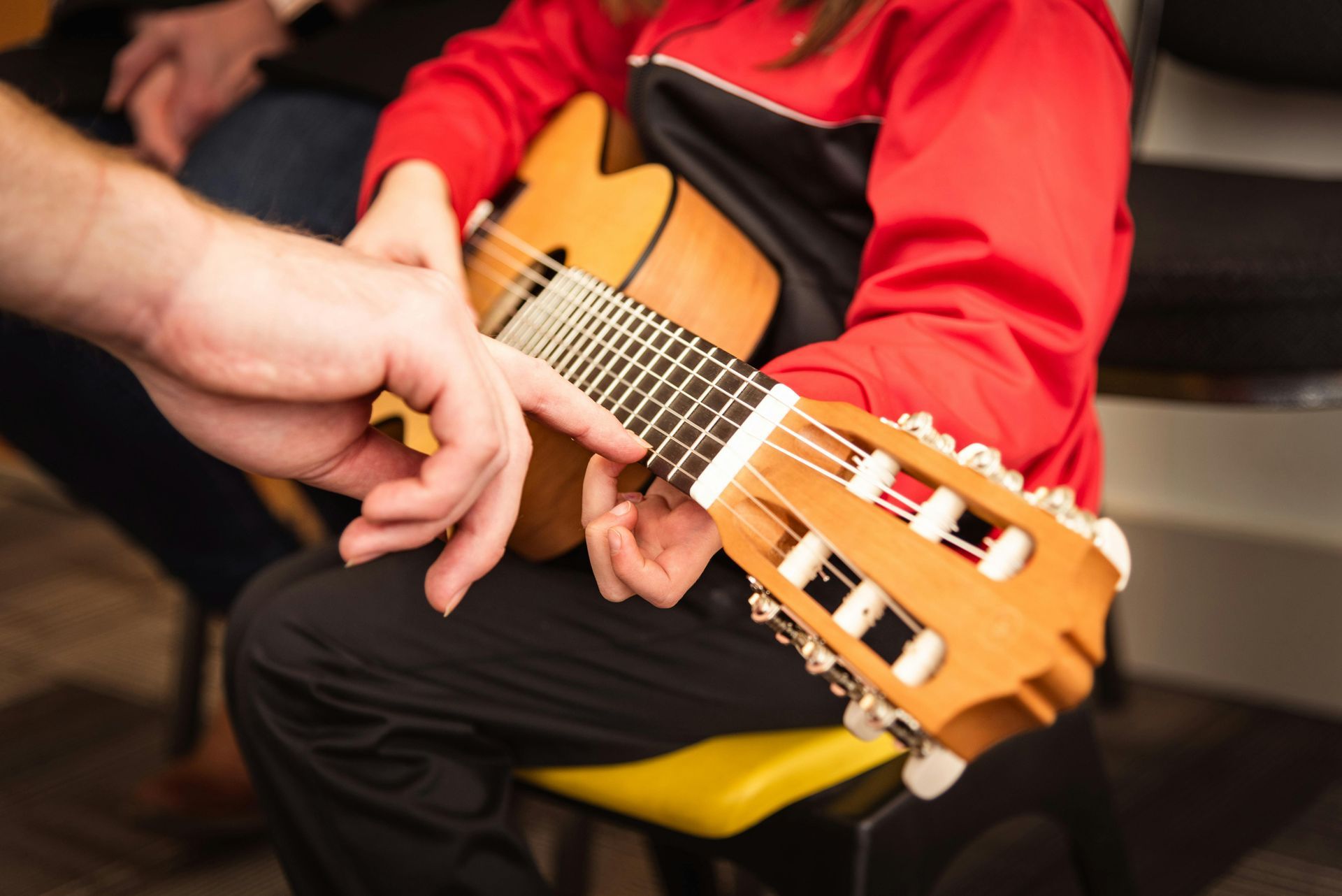
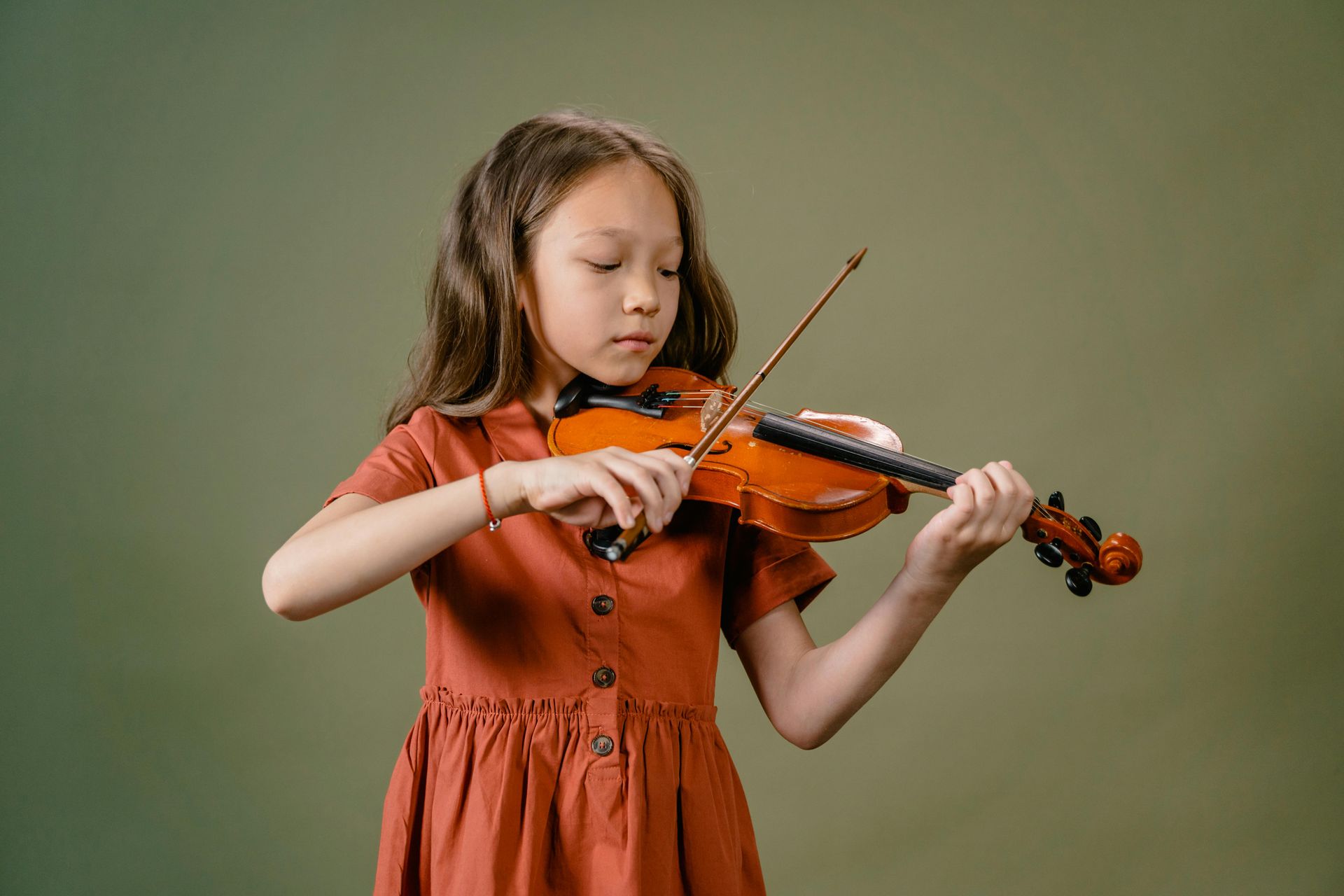
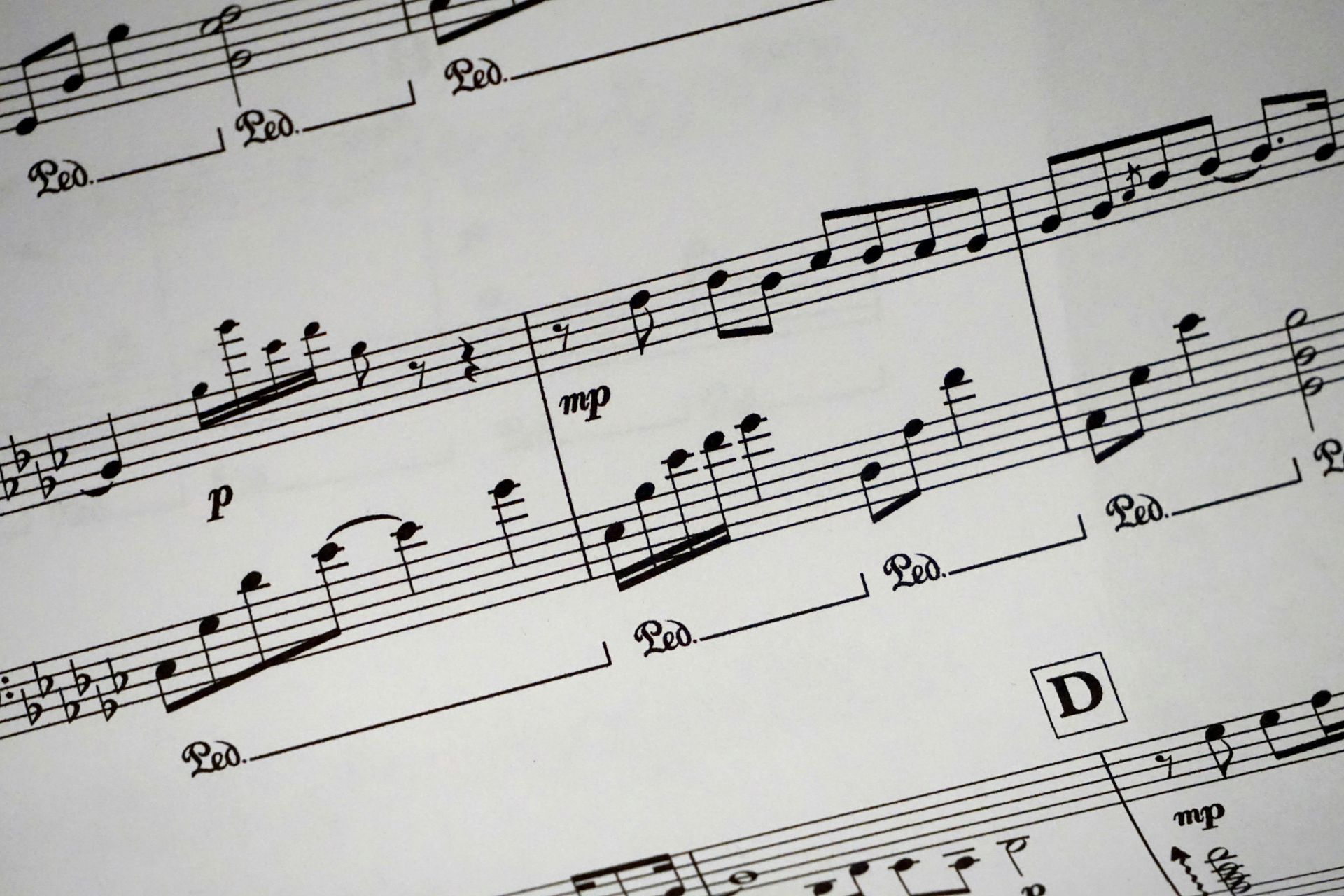
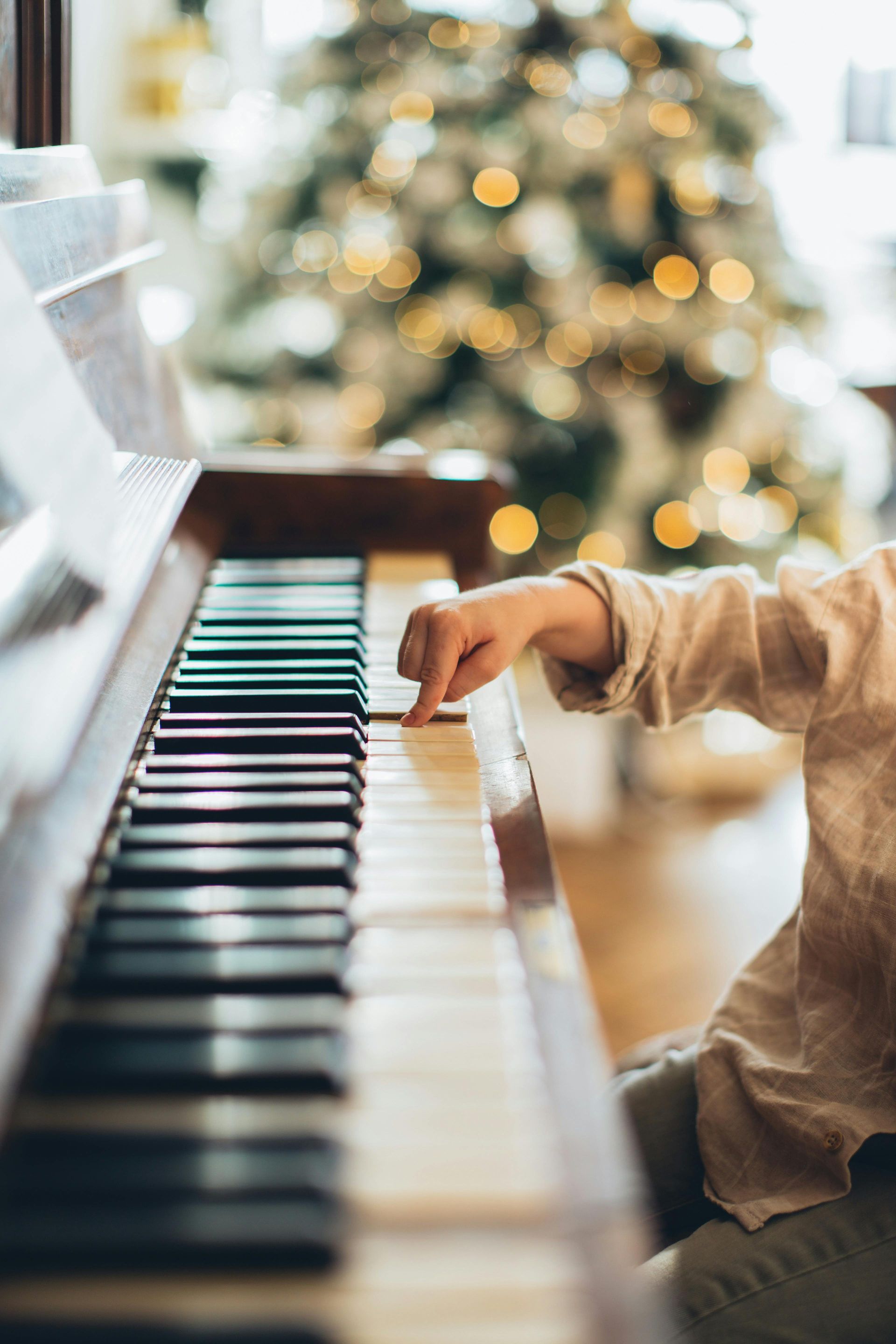
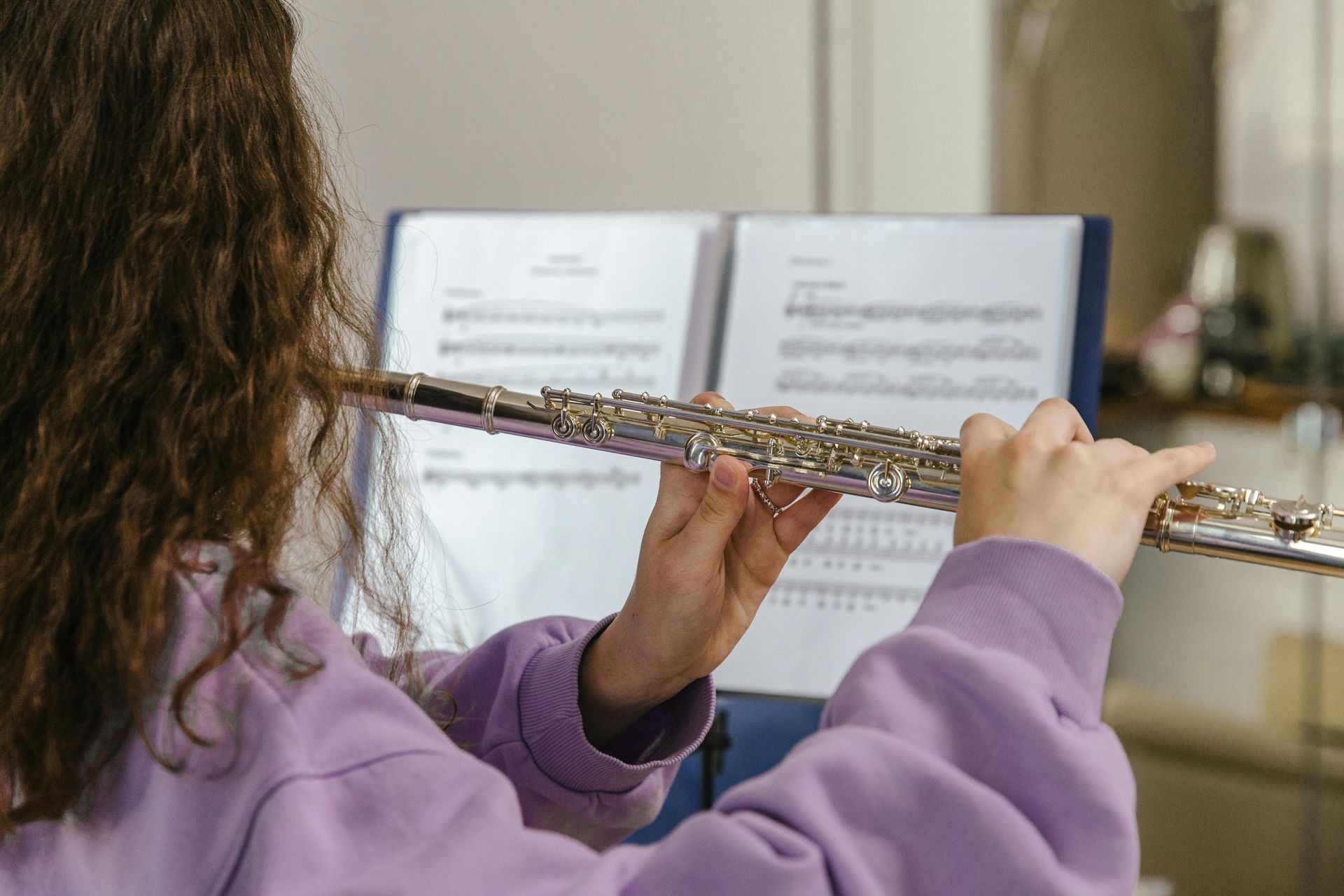
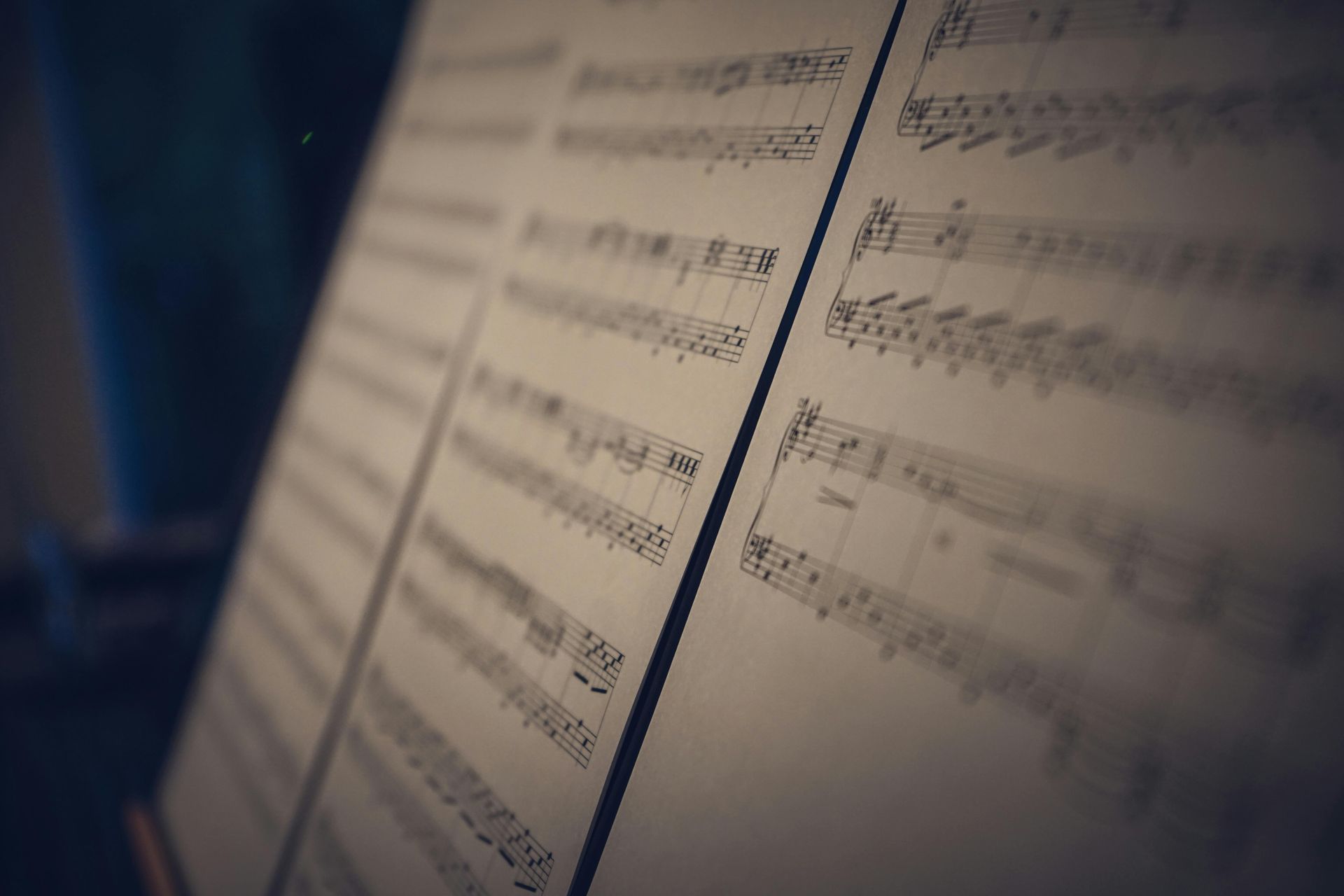

Stay Connected!
What Our Students & Parents Say